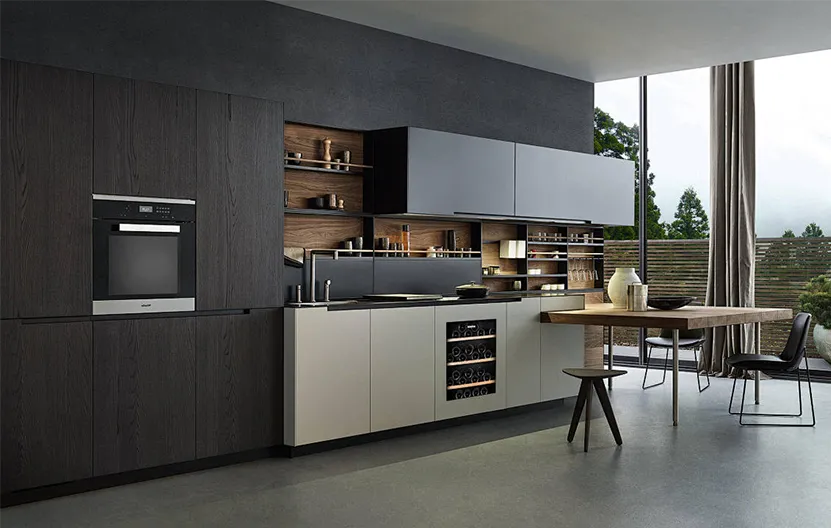
The Significance of Cold Rolled Pipes in Modern Manufacturing
Cold rolled pipes are an essential component in various industries, offering a range of benefits due to their unique manufacturing process and material properties. The cold rolling process involves the deformation of metal at room temperature, which results in an increase in the strength and durability of the finished product. This article explores the significance of cold rolled pipes in modern manufacturing and their applications across different sectors.
One of the primary advantages of cold rolled pipes is their enhanced mechanical properties. Because the metal is worked at lower temperatures, it retains a finer grain structure compared to hot rolled pipes. This results in greater tensile strength, improved surface finish, and better dimensional accuracy. In industries where safety and reliability are paramount, such as construction and automotive manufacturing, the use of cold rolled pipes is critical.
In the construction industry, cold rolled pipes are widely used for structural applications including scaffolding, handrails, and support beams. The reliability and strength of these pipes make them ideal for use in buildings and infrastructures that must endure significant loads. Furthermore, they offer excellent resistance to corrosion and wear, ensuring longevity and reduced maintenance costs in outdoor applications.
In the automotive sector, the need for lightweight yet strong materials has led to an increased use of cold rolled pipes in vehicle design
. These pipes are commonly used in exhaust systems, chassis components, and various other automotive structural applications. The reduction in weight contributes to improved fuel efficiency, while the enhanced strength ensures that vehicles can withstand the rigors of daily use.
Another significant application of cold rolled pipes is in the energy sector, particularly in the transportation of fluids and gases. The oil, gas, and chemical industries rely heavily on these pipes for their ability to handle high pressures and corrosive substances. Cold rolled pipes provide a reliable solution for pipelines, ensuring the safe and efficient transport of natural resources from extraction sites to processing facilities.
The versatility of cold rolled pipes extends to the manufacturing of furniture and appliances as well. Their clean lines and modern aesthetic make them popular in contemporary design. From desks and shelving units to appliance supports, cold rolled pipes contribute both strength and style to household and commercial products.
Furthermore, the sustainability aspect of cold rolled pipes cannot be overlooked. The efficiency of the cold rolling process often results in less waste compared to traditional manufacturing methods. Additionally, steel pipes can be easily recycled, making them an environmentally friendly choice in comparison to other materials.
In conclusion, cold rolled pipes play a pivotal role in modern manufacturing across numerous sectors. Their enhanced mechanical properties, durability, and aesthetic appeal make them indispensable in construction, automotive production, energy transportation, and product design. As industries continue to seek materials that combine strength with sustainability, the relevance and application of cold rolled pipes are likely to expand even further, solidifying their status as vital components in the innovation of manufacturing processes.